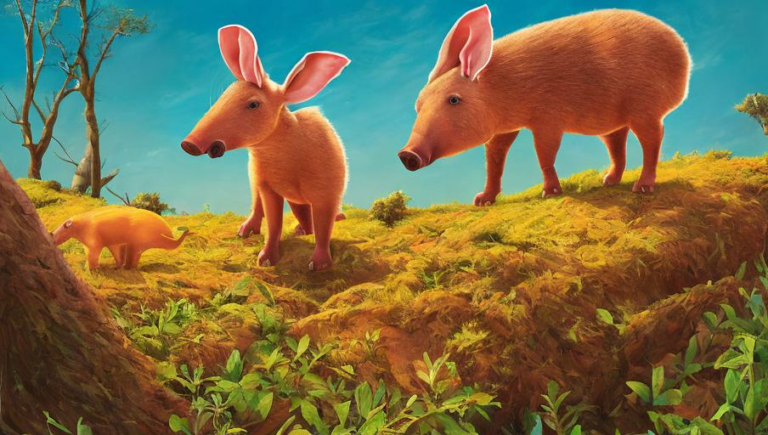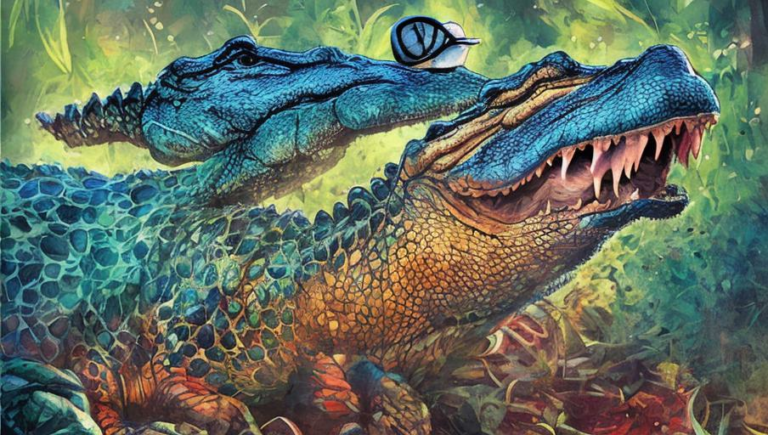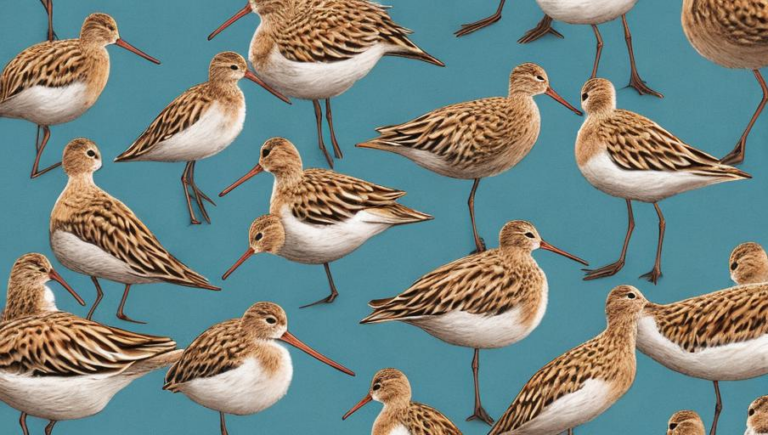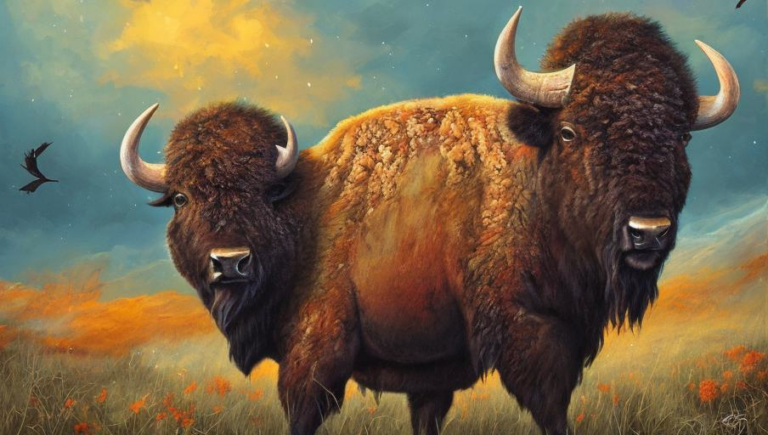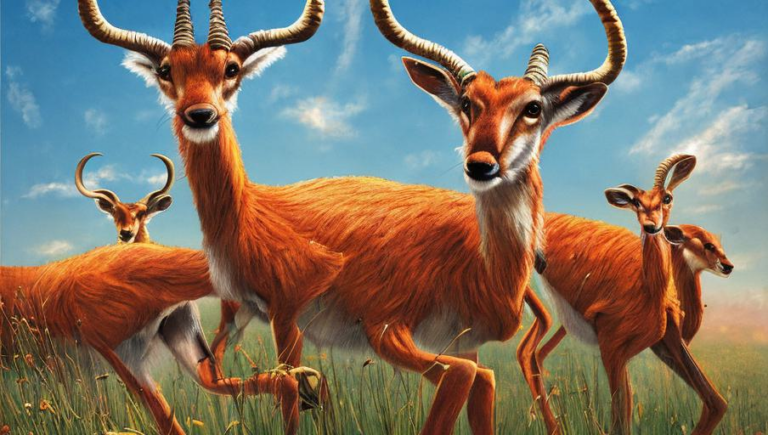Nocturnal Habits of Caribou
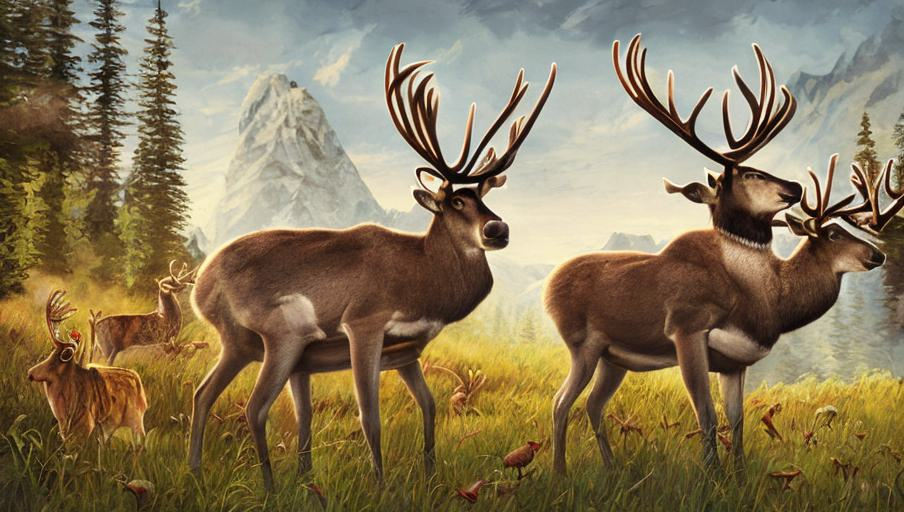
Nocturnal Habits of Caribou
Caribou are a species of large, hoofed mammals found in the Northern Hemisphere. They are closely related to reindeer and are commonly found in areas of the Arctic and subarctic regions. Caribou are an important species for the environment, as they are a keystone species and play a vital role in their native habitats.
In the summer months, caribou usually graze during the day and rest in the evening. During the winter months, however, caribou tend to shift their activity patterns and become largely nocturnal, only venturing out at night in search of food. This shift in behavior is believed to be an adaptation to the harsh winter climate, as the cold temperatures and deep snow make it difficult for caribou to find food during the day. By becoming nocturnal, caribou are able to avoid the coldest temperatures and have a better chance of finding food.
Caribou forage for food at night, typically grazing on lichens, mosses, grasses, and other plants. They also eat buds, leaves, and the small twigs of shrubs and trees. During the winter months, caribou often dig through the snow to uncover plants and dig out lichens. Their large hooves help them to move through the snow and find food.
In addition to their nocturnal habits, caribou also migrate in order to find food. They migrate in herds, traveling hundreds of miles each year in search of food and better living conditions. During migration, caribou often travel during the night, taking advantage of the cooler temperatures and easier path through the snow. This behavior ensures that they can find food and make it safely to their destination.
Caribou are an important species for their native habitats, as they provide a source of food for predators and help to maintain the balance of the ecosystem. Their nocturnal habits, migration patterns, and diet are all important adaptations that help caribou to survive in their harsh environment.
Conclusion
Caribou are an essential species for their native habitats and have adapted to their environment in many fascinating ways. Their nocturnal habits, migration patterns, and diet all play an important role in helping them to survive in their harsh environment. By understanding their behaviors and the importance of their role in the ecosystem, we can better protect and conserve caribou and their habitats.
